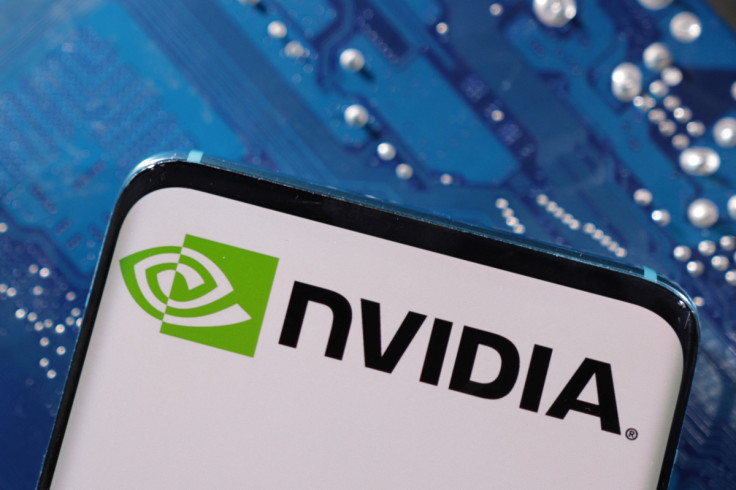Nvidia Stock Surges As TSMC Reports Strong AI Chip Demand Despite 'Damaging' Statement From Donald Trump
Other chip stocks are taking a hit due to geopolitical concerns surrounding Taiwan

Nvidia's stock price climbed roughly 3 percent on Thursday, recovering from a 7 percent plunge the previous day due to geopolitical anxieties triggered by comments from US presidential hopeful Donald Trump.
Nvidia's recent rise coincides with TSMC's announcement on Thursday that demand for high-end AI chips, which they manufacture for Nvidia, remains strong while supply struggles to keep up.
"I also try to reach the supply and demand balance, but I cannot. Today, the demand is so high I had to work very hard to meet customer demand," TSMC Chairman C.C. Wei told analysts. "The supply continues to be pretty tight all the way through 2025," Wei said on Thursday.
Despite exceeding analyst expectations for revenue and net income reported on Thursday, TSMC's stock price dipped by less than 1 percent. This follows a broader industry slump on Wednesday, the worst for the semiconductor sector since 2020, with significant declines for AMD, Arm, Broadcom, and Qualcomm, mirroring Nvidia's earlier drop.
The Rise Of AI Chips
Chip stocks plummeted due to geopolitical concerns after US presidential candidate Donald Trump suggested altering US policy not to defend Taiwan from a Chinese invasion unless compensated. Such an invasion would jeopardise Nvidia's chip supply.
"While there is rising concern over geopolitical tension given the upcoming US presidential election, TSMC mentioned that it would continue its overseas expansion to mitigate the risks," Citi analyst Laura Chen wrote in a note on Thursday.
TSMC is building a massive chip factory in Arizona, with partial funding from US government subsidies. This move aims to bolster domestic chip production within the United States.
Despite TSMC's Arizona expansion, other chipmakers are currently encountering difficulties. Companies like Arm, AMD, and Nvidia, which became the world's most valuable company on stock market last month, all saw stock price declines, with drops of 2 percent for Arm and AMD, while Super Micro mirrored the trend. Super Micro Computer, a key server assembler for Nvidia, fell 2 percent.
Intel rose over 1 percent, and Broadcom jumped about 3 percent after news emerged that it's in talks to produce AI chips for OpenAI. This suggests potential growth in the AI chip sector.
On Wednesday, Bloomberg reported that the Biden administration is contemplating additional trade restrictions on exporting chip manufacturing equipment to China. Chip equipment maker ASML fell 1 percent on Friday after issuing weaker-than-expected sales guidance for the current quarter.
UBS Analysts See Shift In Investor Focus
UBS analysts say investors are cashing in on profits from surging semiconductor stocks and shifting their focus to other sectors. However, depending on how companies demonstrate returns on investments in AI chips, the sentiment could swing back in favour of chipmakers later this year.
In February, the company revealed its profit soared to a whopping $12.3 billion, fueled by skyrocketing demand for AI chips. Their stock price reflects this success, with a gain of over 150 percent in 2024 so far.
"Following sharp semiconductor sector outperformance in the first half, some investors have rebalanced AI-linked semiconductor exposure into large-cap platform and profitless tech companies," UBS analysts wrote in the note.
This shift in investor focus reflects a broader profit-taking trend in high-performing sectors. It will be interesting to see where these investors allocate their funds next.
© Copyright IBTimes 2025. All rights reserved.






















